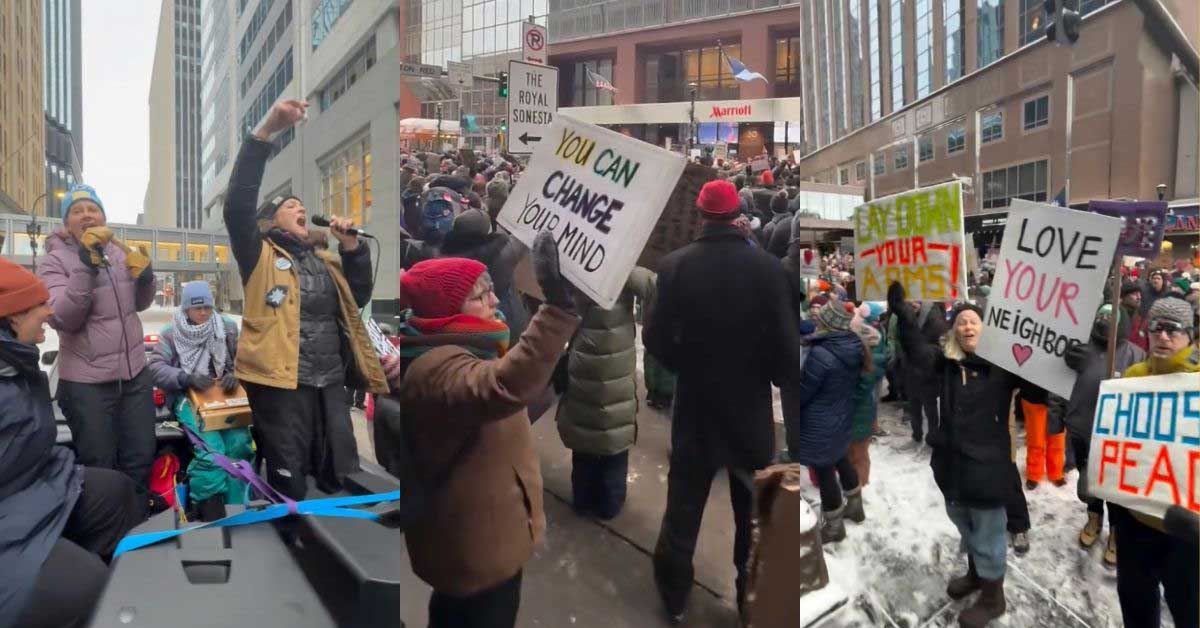In 1955, Emmett Till was lynched when he was fourteen years old. Those fateful days in the Mississippi Delta ignited a flame within the Civil Rights Movement that has yet to be extinguished.
Grappling with the question, “What does justice mean in the resolution of a cold case spanning nearly seven decades?”, Rev. Wheeler Parker Jr. — Emmett’s cousin, best friend, and the sole surviving eyewitness to the events — recounts his way from those world-shattering days to current events, and how his own understanding of forgiveness has evolved and changed as he’s worked to pursue justice not just for Bobo, (as those closest to Emmett called him,) but for all marginalized people.

So, even today, what does justice require in the lynching of Emmett Till?
For one thing, in my view, justice should not just be about getting even. An eye for an eye only leaves everyone blind. We need to see clearly during these times — more clearly than ever before. I believe my vision is keen now. That’s because I’m not trying to win.
For some, winning becomes justice. If you are accused and you are acquitted, then you’ve won your case, and you could see that as just.
If you are a victim and the accused is found guilty, then you win, and you could see that as just.
But so many innocent Black folks are wrongly convicted and so many guilty White folks have gotten off and continue to get off.
They win.
So where is the justice in that? Justice can’t be a zero-sum game — I win only if you lose.
Maybe justice really is in reconciliation, and reconciliation only comes from a meeting of the minds, an agreement on the injustice in the justice system, a problem that is rooted in race and power.
Maybe justice really is in reconciliation, and reconciliation only comes from a meeting of the minds, an agreement on the injustice in the justice system, a problem that is rooted in race and power.
So how do we get there? How can we all win with a new level of understanding?
In a way, it seems Mamie Till-Mobley found the answer to that question many years ago.
Yes, she wanted wrongdoers to be punished. We all do. But she wasn’t going to sit back and simply wait for that to happen. She also wasn’t going to spend all of her time and energy trying to make that happen.
She recognized that the lack of a just outcome in the murder of her son should motivate people to get out and make sure justice is never denied again. She worked with young people teaching them history and civic duty. She traveled the country inspiring the public with a sense of social responsibility.
People like the late activist Alvin Sykes got the message. He grabbed the baton and ran with it, carrying on after Mamie’s death in January 2003, convincing the Department of Justice to launch an investigation into Bobo’s death in 2004 and even devising the legal justification and strategy for the government to open the case that year — taking government lawyers to school.
And, as we have established, he didn’t just settle for that.
He worked with Democrats and Republicans in both houses of Congress to gain passage of the Emmett Till Unsolved Civil Rights Crime Act of 2008 and its reauthorization in 2016. And for that reason, he deserves credit even for the four-year Emmett Till investigation that just closed since it was made possible by that Till Act.
The government officials had pointed to this law and other hate crime legislation as a critical part of Emmett Till’s legacy.
For some time now, I also have followed Mamie’s lead. At this writing, we are moving forward on the programs established through the Emmett Till and Mamie Till-Mobley Institute and the campaign throughout Mamie’s centennial year.
The Till Institute got to work right away, designing the national curriculum with Facing History and Ourselves, advising on the development of the traveling exhibition with the Children’s Museum of Indianapolis, and developing fundraising plans for a national park and memorial.
And, of course, there is our participation in and support of the ABC limited television series and documentary. It all comes together as part of a narrative that will set the record straight and continue to inspire young people to develop a sense of civic responsibility in this society.
There is a part of me that actually feels sorry for Carolyn Bryant Donham, the woman who initially accused Emmett of assault, because of the reckoning I believe she has anticipated for years. And, in expressing that sympathy, I feel like I’m flipping the script.
In effect, what I am expressing is my superiority. Not in racial terms — this is not about Black supremacy replacing White supremacy. No, in feeling sorry for Carolyn, I show my superiority as a human being. A spiritual being, one who baptized true believers in the River Jordan, a person who feels as if I have been baptized myself by fire, the burning memory of trauma and injustice seared into my consciousness, enabling me to empathize with others, irrespective of their transgressions.
Good comes to those who recognize good, live it, and express it.
I am forever faithful. Good comes to those who recognize good, live it, and express it. It is with that enlightened spirit — revealed to me over a lifetime and clarified during the past four years — that I forgive Carolyn.
You see, there is a power in forgiveness. It cleanses our souls. After all, hatred keeps us stuck in a moment; it holds us back, trapped in spirals of negativity. That’s why people often advise us to forgive and forget.
Obviously, if you don’t forget, then you’re remembering the bitterness that led to the need to forgive in the first place. If you’re holding on to that memory, then you are not forgiving — not completely.
When we talk about forgetting, though, it is important to note that we are not talking about forgetting the thing that happens. We want to learn from bad experiences.
I was called upon to remember in the FBI investigation, as a witness. And I drilled down into the most painful depths of my memory, things I would have preferred to forget.
So we can’t forget the thing that happens. But we have to forget the bitterness that attaches to the thing that happens. We have to do that, detach from the rage and resentment, in order to be a clear-eyed witness.
That’s what justice requires.
Now I only have a few days left, a few days on God’s calendar. I’ve got to make them count.
After all, we are only given a few days filled with the troubles God has given us to overcome. A few days, born into trouble, the trouble caused by earthly things, our desire for them, the preoccupation with them, the temptations that draw us to them.
As set out in Job 14, we come here as imperfect beings, striving to perfect ourselves to be worthy of sitting at God’s side. I have been reborn in God’s way, reborn in that higher consciousness as we all must be to prove ourselves worthy of the blessing of everlasting spiritual life. I have been awakened to that new consciousness, that new sense of connection, that new sense of purpose, and I will continue to do God’s work.
Addressing a news conference my wife ended her remarks by outlining the work ahead. “Our goal is to continue to promote the legacy of Emmett Till and Mamie Till-Mobley through positive activism, promoting cultural awareness, and education.”
Purpose. With a full agenda.
I’m here to serve people. I’m going to keep doing what I’m doing because I’m doing the right thing.
I’m the happiest person because I’m doing what I’m supposed to do, and my life is perfect because of that.
This is adapted and excerpted from the new book, A Few Days Full of Trouble: Revelations on the Journey to Justice for My Cousin and Best Friend, Emmett Till, written by Rev. Wheeler Parker Jr. and Christopher Benson.
Pick up A Few Days Full of Trouble on Amazon, Bookshop, or wherever you buy books.
Copyright © 2023 by Wheeler Parker Jr., Christopher Benson, and Dr. Marvel Parker. All rights reserved. No part of this excerpt may be reproduced or reprinted without permission in writing from the publisher.





